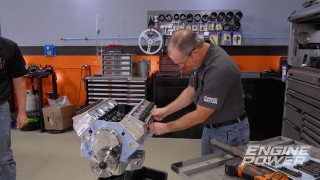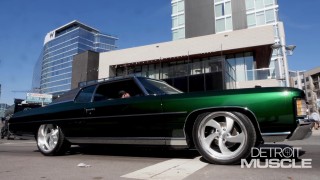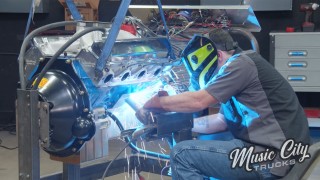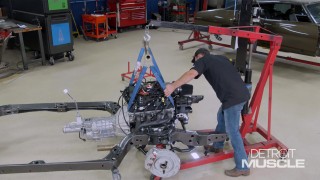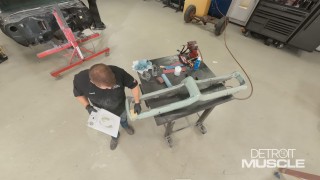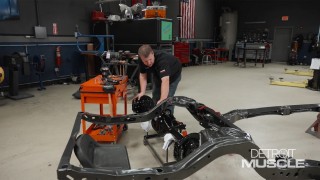Can GM’s Efforts Save the V8?
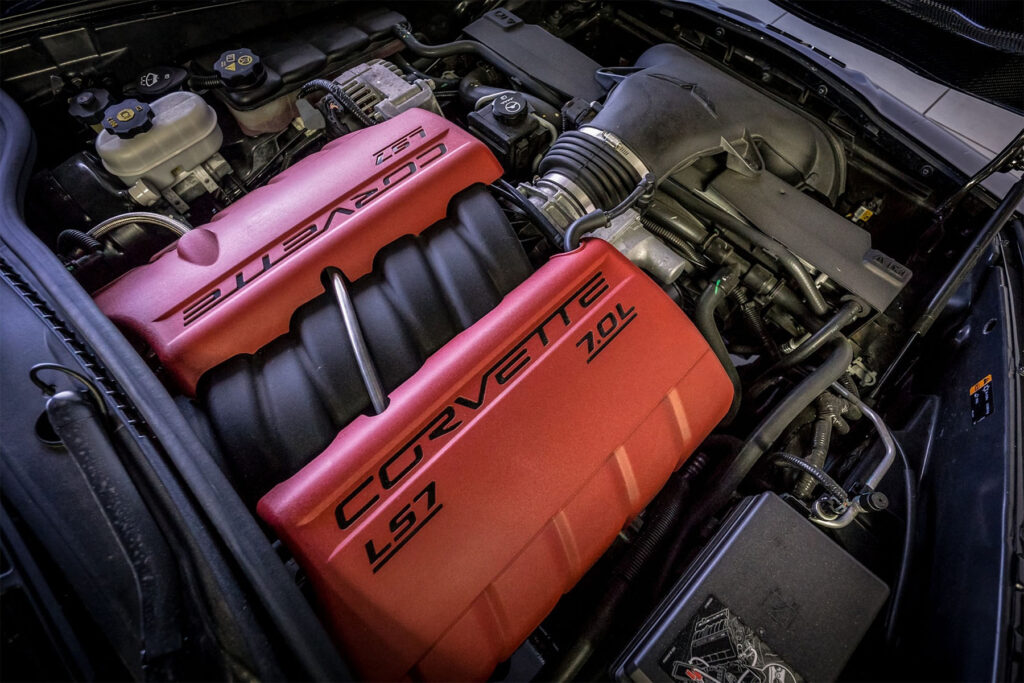
Table of Contents
Is GM’s 6th-Gen Small Block V8 the Savior of Big Engines?
In a world where electric vehicles (EVs) and smaller displacement turbocharged engines are dominating headlines, gearheads everywhere are asking a critical question: Is this the end for the beloved V8? Or, is there a hero on the horizon? General Motors might have just delivered that hero in the form of their newly announced 6th-gen small block V8. But is it enough to stave off the electric tide and keep the roar of the V8 alive?
Let’s dive into what this engine means for the future of performance and whether it could be the savior of internal combustion in an era that’s rapidly shifting to electrification.
GM’s Commitment to the V8
In January 2023, GM made headlines by announcing a nearly $1 billion investment into internal combustion engine (ICE) production, a bold move when many automakers are pushing toward an all-electric future. The big question is: why?
Well, it’s clear GM still believes in the power and potential of the V8, especially when paired with modern technology. This 6th-gen small block V8 promises to be more efficient, powerful, and durable than ever before. The investment covers new equipment at multiple plants, focusing on both the production of the V8 engine and the systems that will keep it relevant for years to come. So, while the world may be shifting toward EVs, GM is doubling down on keeping traditional performance alive.
What Makes This V8 Special?
This new engine architecture isn’t just a rehash of old technology. GM’s engineers have designed the 6th-gen small block V8 to push the boundaries of efficiency and performance, thanks to a few key improvements.
First, it features advanced fuel management systems, ensuring it gets the most out of every drop of gasoline. Additionally, GM has been tight-lipped about specifics, but there are strong indications that this engine will incorporate hybrid technology in some form, potentially bringing together the best of both worlds — the power and sound of a V8 with the efficiency of modern electrification.
That’s not all. This engine is rumored to offer improved durability, meaning the next generation of muscle cars and trucks could maintain their legendary performance while meeting stricter emission standards.
The EV Elephant in the Room
But here’s the catch: while this engine promises a lot, it’s entering a world that’s rapidly moving toward electric vehicles. GM themselves have committed to an all-electric future by 2035, with massive investments in EV platforms like the Ultium battery system. So where does the V8 fit in?
GM’s announcement of this new V8 engine architecture comes as somewhat of a paradox. On one hand, they’re leading the charge toward electrification, yet on the other, they’re still investing heavily in traditional ICE technology. It’s clear that GM understands that the V8 is more than just an engine—it’s a part of automotive culture. And for now, there’s still a market hungry for that unmistakable V8 growl.
Can It Compete with EVs?
Let’s be real—EVs are more than likely here to stay. They’re fast, efficient, and increasingly affordable. But for many car enthusiasts, they lack something intangible: soul. The visceral experience of driving a V8-powered vehicle — the sound, the feel, the connection to a living, breathing machine — is something EVs simply can’t replicate.
That’s where this new 6th-gen V8 comes in. It might not be able to match an electric motor in terms of sheer instant torque or energy efficiency, but it offers something just as important: personality. And with GM’s engineering prowess, there’s no reason to believe this engine won’t compete with high-performance EVs in its own right.
As more hybrid systems get integrated into these traditional powertrains, we might see the best of both worlds emerge—powerful, gasoline-fueled engines that work in tandem with electric motors to create performance machines that still satisfy purists while moving into the future.
The Verdict: Savior or Last Hurrah?
Is GM’s 6th-gen V8 the savior of internal combustion? Or is it the swan song of a dying breed?
The truth lies somewhere in between. This engine is likely to extend the life of the V8 for a few more decades, keeping enthusiasts satisfied and muscle cars rumbling down highways. But as the industry inevitably shifts towards electrification, this engine may represent the last great advancement in V8 technology before EVs completely take over.
For now, though, GM is giving us what we want: more V8 power. And as long as there’s demand for fast, loud, and powerful vehicles, there will be a place for engines like this one.
So, is this new V8 the “savior” we’ve been waiting for? It just might be. But even if it’s the last of its kind, it’s shaping up to be one heck of a ride.






